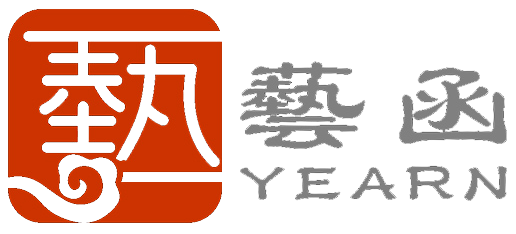What is pvp chemical raw material
polyvinylpyrrolidone (PVP), a non-ionic polymer, is the most distinctive, best-studied and most widely studied fine chemical among N-vinylamide polymers.
PVP is divided into four stages according to its average molecular weight size, which is usually expressed by the K value, and different K values represent the corresponding average molecular weight range of PVP. The K value is actually an eigenvalue related to the relative viscosity of PVP aqueous solution, and the viscosity is a physical quantity related to the molecular weight of polymers, so the average molecular weight of PVP can be characterized by K value.
pvp is polyvinylpyrrolidone. PVP was obtained by bulk polymerization and solution polymerization of vinyl pyrrolidone (NVP) as raw material. In the process of bulk polymerization, due to the viscosity of the reaction system, the polymer is not easy to diffuse, and the polymerization heat is not easy to remove, resulting in local overheating.
Therefore, the obtained product has low molecular weight, high content of residual monomer, and is mostly yellow, and has no great practical value. Solution polymerization is generally used to synthesize PVP in industry.
There are two main routes for the production of PVP polymerization, the first is the solution polymerization of N-2-pyrrolidone (NVP) in organic solvents, followed by steam stripping. The second route is aqueous polymerization of NVP monomer with water-soluble cation, anionic or non-ionic monomer.
A crosslinked homopolymer of pure vinylpyrrolidone. Polyvinylpyrrolidone (PVP) has the ability to bind to a variety of substances, such as the various pigments that cause wine and other beverages to discolor. And because of its insolubility, it is easy to be removed after filtration.
PVP is called polyvinylpyrrolidone, is a colorless, odorless, non-toxic polymer compound, with good solubility and hydrophilicity. PVP has a wide range of applications in medicine, cosmetics, food, printing and dyeing, and is a very important functional material.
First, PVP is widely used in the field of medicine. As a biocompatible polymer material, PVP is often used as a drug carrier or solvent in the field of medicine, which can improve the stability and solubility of drugs and increase the efficacy of drugs. In addition, PVP can also be used to prepare medical dressings, hemostatic agents, oral care products, etc. Its good hydrophilicity and biocompatibility make it one of the indispensable materials in the field of medicine.
Secondly, PVP also has an important application in the field of cosmetics. PVP has excellent hygroscopic and thickening properties, and can be used to prepare various types of cosmetics, such as shampoo, conditioner, gel, lip balm, etc. PVP can increase the consistency and transparency of cosmetics, improve the texture and stability of products, and make cosmetics easier to use and have better results.
In addition, PVP is widely used in the food industry. As a high-quality food additive, PVP is often used as a stabilizer, thickener, emulsifier, etc., which can improve the texture and taste of food, extend the shelf life of food, and improve the quality of food. PVP has a wide range of applications in the food industry and can be used to prepare various types of food, such as cookies, candy, jelly, ice cream, etc.
Finally, PVP also has an important application in the field of printing and dyeing. As an excellent dispersant and thickener, PVP can improve the dispersibility and solubility of dyes, improve the dyeing property and color fastness of dyes, and make printing and dyeing products have better texture and color effect. In addition, PVP can also be used to prepare printing and dyeing auxiliaries, printing paste, etc., which provides important support for printing and dyeing process.

